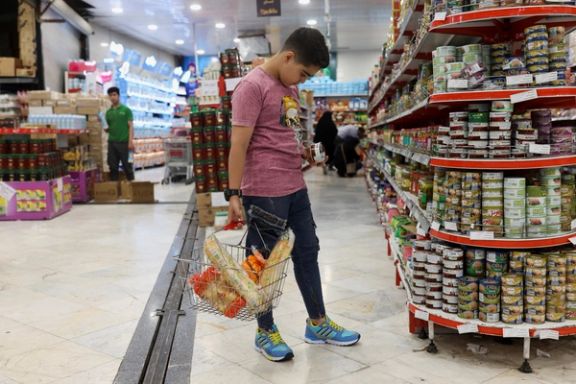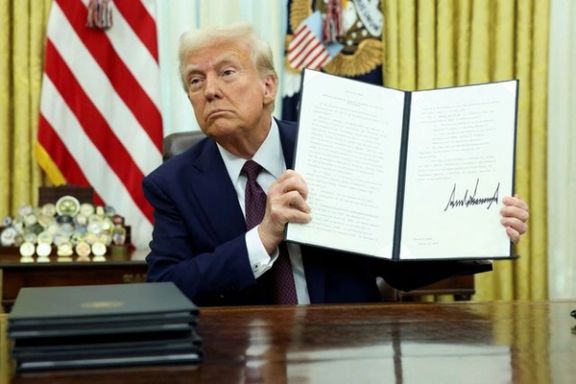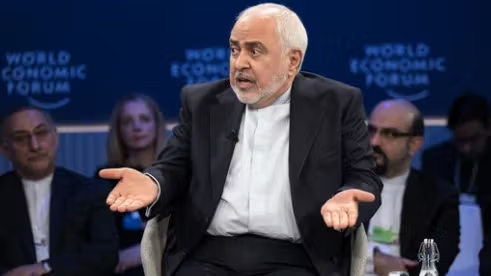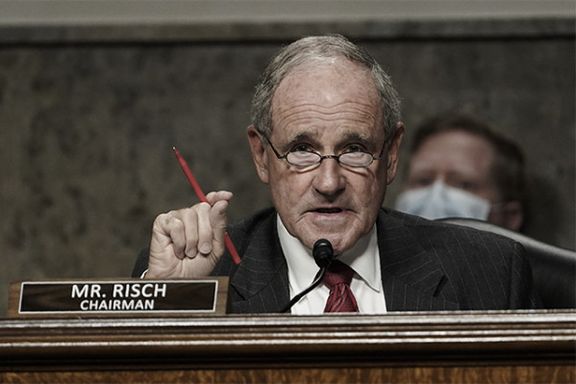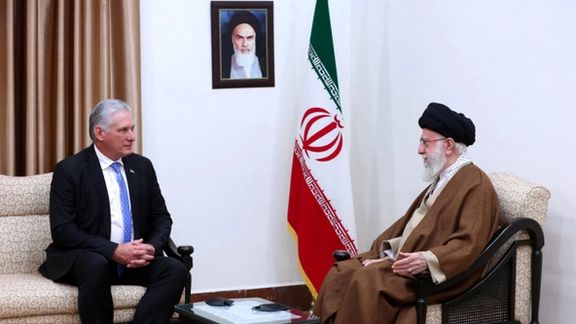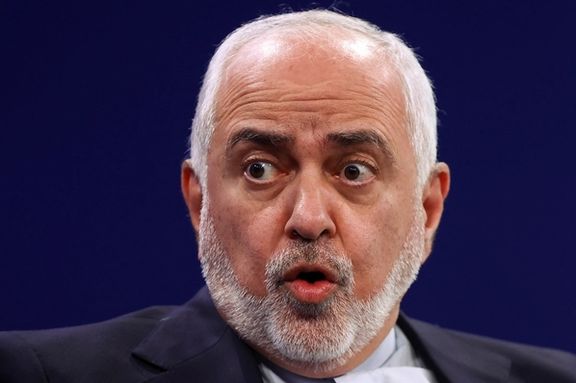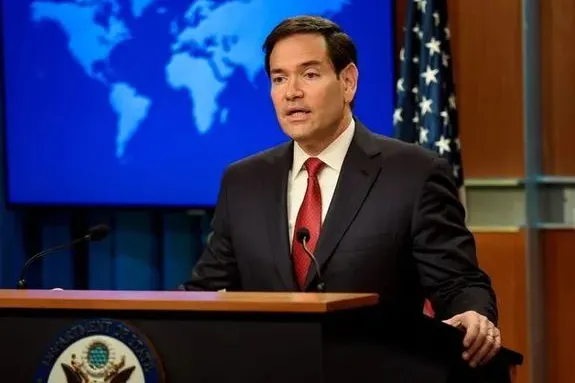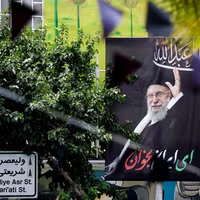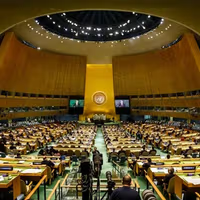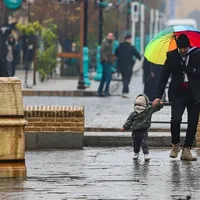Zarif's interview with CNN host Fareed Zakaria on Wednesday failed to satisfy both the public and the government’s hardliner opposition, according to the Rouydad24 news website in Tehran.
"In addressing the hijab situation, he angered the public, especially women, while his comments about radical factions’ confrontations with him provoked the ire of the government’s critics,” the outlet reported.
During his conversation with Zakaria on the sidelines of the World Economic Forum's annual meeting, Zarif stated: "If you go to the streets of Tehran, you will find women not covering their hair. It's against the law, but the government has decided not to put women under pressure … We are moving in the right direction … It’s not enough, but it is a step in the right direction.”
He also told Zakaria that the decision not to enforce a new strict hijab law was adopted by the “leadership” of the country, that is, the heads of the three government powers and the Supreme National Security Council (SNSC), because Pezeshkian had promised it to voters. He added that Supreme Leader Ali Khamenei was not involved in the alleged decision.
Addressing Zakaria's assertion that ultra-hardliners dominate Iran’s security policies, Zarif denied the claim and argued that he would not have been able to walk freely in Tehran if they had such influence.
However, he admitted that ultra-hardliners have been attempting to remove him from office by invoking a law that prohibits individuals with family members holding foreign citizenship from serving in senior government positions.
Criticism on social media
Zarif’s remarks on the hijab issue sparked backlash on social media, with critics accusing him of misrepresenting the Islamic Republic's stance. Many argue that the enforcement of the new and more restrictive hijab law has merely been suspended temporarily, leaving the possibility of its reimplementation at any time.
Hossein Selahvarzi, the former head of Iran's Chamber of Commerce, criticized Zarif on social media, writing: “As the most recognized Iranian figure in international circles, Mr. Zarif, in addition to all his merits and capabilities, possesses two other remarkable talents: the ability to say things in Davos while fully knowing they are untrue, and the ability to return to Iran and look his compatriots in the eye [without feeling ashamed].”
The hijab law enforces extensive surveillance of public spaces to identify women who violate its regulations, with penalties ranging from fines to imprisonment. Businesses are required to deny service to unveiled women or report them to authorities to avoid facing sanctions themselves. Additionally, daily reports from Iran highlight that hijab police and clerics continue to harass women in streets and shopping centers for failing to cover their heads.
Ultra-hardliners react
Ultra-hardliners have doubled down on their criticism of Zarif’s remarks. They emphasize Supreme Leader Khamenei’s clear stance on the hijab, citing an April 2023 speech in which he declared that flouting the hijab was both "religiously and politically haram (forbidden)."
In the same speech, Khamenei accused "the enemy" of orchestrating plans to undermine the hijab and urged authorities to formulate a counter-strategy.
Notably, Khamenei has refrained from mentioning the hijab issue in recent speeches, sparking speculation that he might be concerned about the possibility of a strong backlash from the public.
Ultra-hardline publications also criticized Zarif’s comments on other topics, including his complaint about pressure from radicals.
In an editorial published Thursday titled “From whitewashing Trump to attacking domestic rivals,” Kayhan newspaper accused Zarif of making “out-of-norm remarks” and giving foreign adversaries ammunition to criticize the Islamic Republic.
The Revolutionary Guards-linked Javan newspaper similarly condemned Zarif for taking “his quarrels and grudges against domestic rivals to Davos” and singing “the ugly song of factional disputes,” for the enemies.
“These remarks undermine Iran's national security and authority,” Javan declared.
